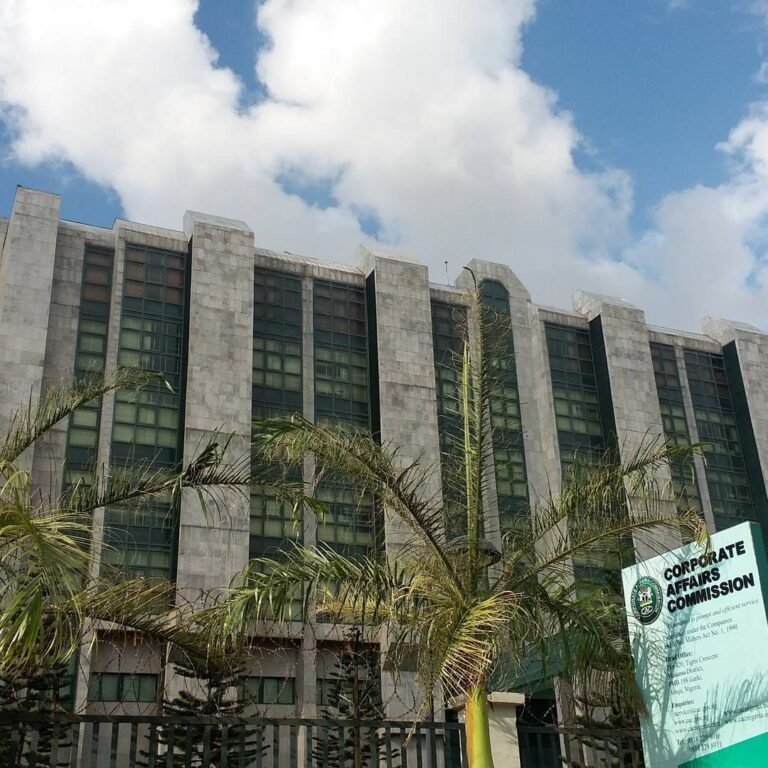Security of lives and properties is the primary responsibility of the government and failure to achieve this would make the country a fragile state; essentially an ungovernable region. From the vast Savanna northern plains to southern lowlands, security has never been this complicated.
Each day, the nation’s news is incomplete without incidents of violence. Bandits, kidnappers, terrorists, and agitators are found in every corner of the country.
It has become indisputable that insecurity has reached an alarming stage. And a sabotaged economic activity is the price the citizens pay. Nigeria, a country crawling out of her unemployment pit, allows her youths to lose their jobs to violence.
This could be dangerous, and since the country’s leaders are not so vigilant, it becomes even more dangerous.
Individuals create jobs for themselves, not the government creating for every citizen without drowning the country in deep debts or recession.
Fears of insecurity could only get worse as Nigeria’s unemployment rate clocks 33%. The worst might be yet to come if nothing is done to make the environment enabled for doing business. Yes! It is true no society can be 100% insecurity free but it is possible to have societies with a very low crime rate.
The government must try everything necessary to make the lives and properties of citizens safe to enable them to think freely and come up with business ideas that would be beneficial to the empowerment of the citizens.
Individuals create jobs for themselves, not the government creating for every citizen without drowning the country in deep debts or recession. Because government enterprises lack profit incentives which are essential for the maintenance of business, every corporation managed by the institution tends to be unproductive or unpromising.
Job creation by individuals enhances an economic boom, and terror-driven felons would find a decent way to live a better life other than kidnapping-for-ransom.
Unfortunately, the well-meaning Nigerians who can create and manage businesses cannot proceed with fear of insecurity.
Job creation by individuals enhances an economic boom, and terror-driven felons would find a decent way to live a better life other than kidnapping-for-ransom. Unfortunately, instead of creating an enabling environment for job creation, our government dumps security and focuses on those things that would give them favour during elections.
The idea of government creating jobs is nothing but a “vote-buying machine,” several economists have argued. And the Nigerian government does harness this opportunity in a poverty-ridden environment by preaching free money from the government.
While government jobs are paid from the taxes from the same people, the government officials embezzle more of it. No wonder when things go the wrong way with the treasury coffers, people suffer the consequences.
An administration that limits its scope to the protection of lives and property tends to be more efficient than the jack-of-all-trade government.
Economic downtown, a direct consequence of the government’s mismanagement of public treasury, causes the people more. When an individual finds it difficult to make a legitimate living, plundering his/her fellow citizens becomes his priority. And the government who is to stop him is busy canvassing for votes.
An administration that limits its scope to the protection of lives and property tends to be more efficient than the jack-of-all-trade government. There is hope for a secured Nigeria where there is security and where economy puts a smiling face.
Job creation is best achieved by individuals, and government needs to drive itself away from it. The energy the government officials used to promise unpromising millions of jobs every year is needed for security. This way, the economy would be saved and the youths would prefer decent jobs to arms-wielding.













